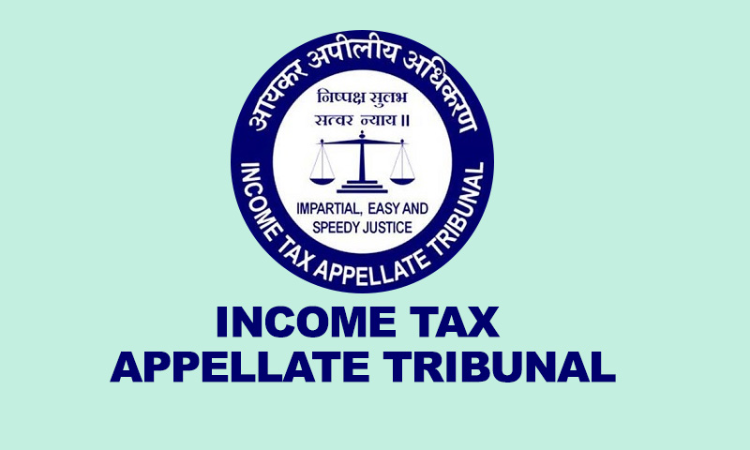The Mumbai Bench of the Income Tax Appellate Tribunal (ITAT) has suggested the government work out a mechanism to ensure tax recovery from Asset Reconstruction Companies (ARCs)/banks on the sale of security assets."It is time that the Government seriously considers protecting its legitimate interests by ensuring some mechanism to ensure that the tax liability on the capital gains is...

